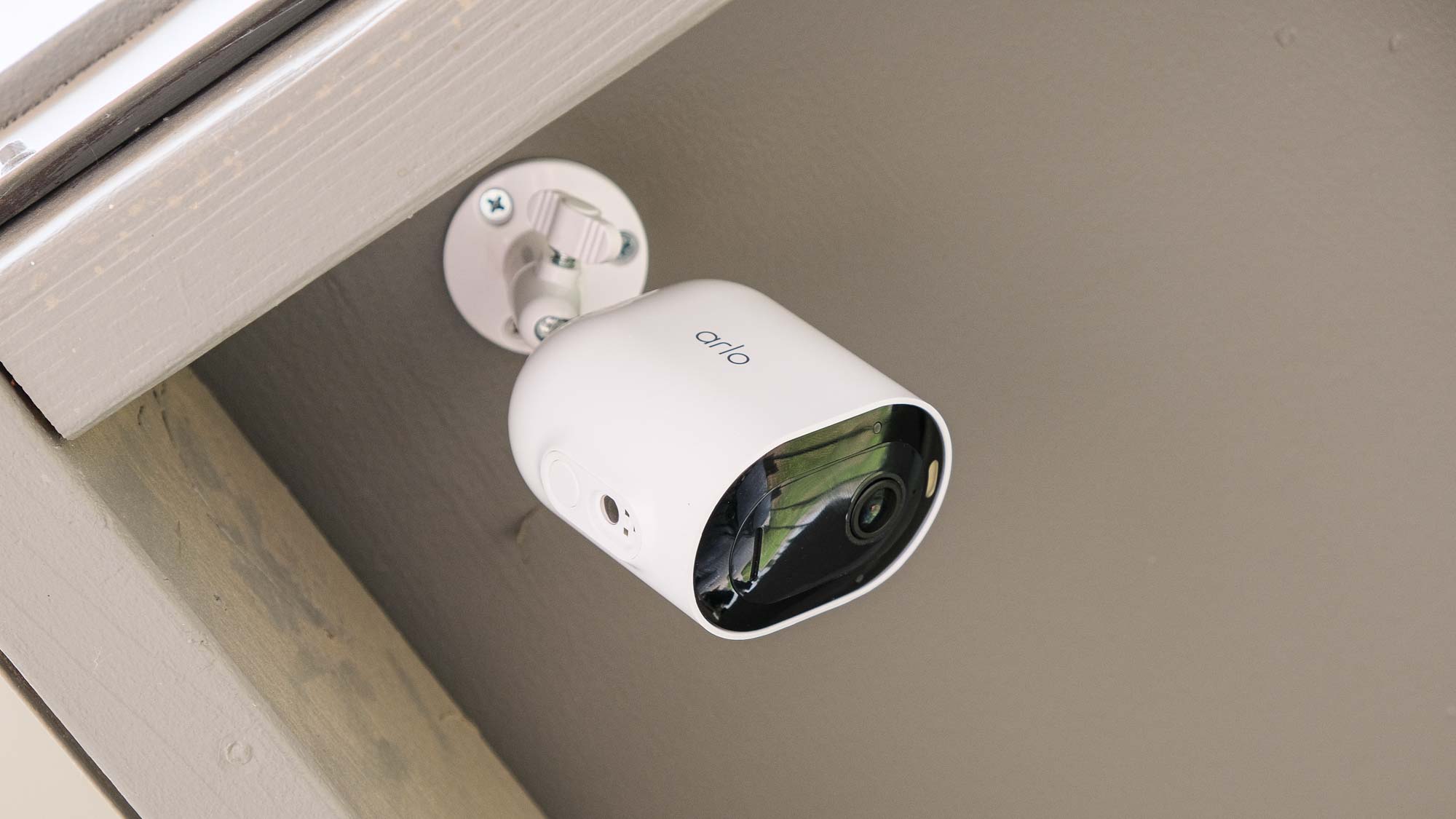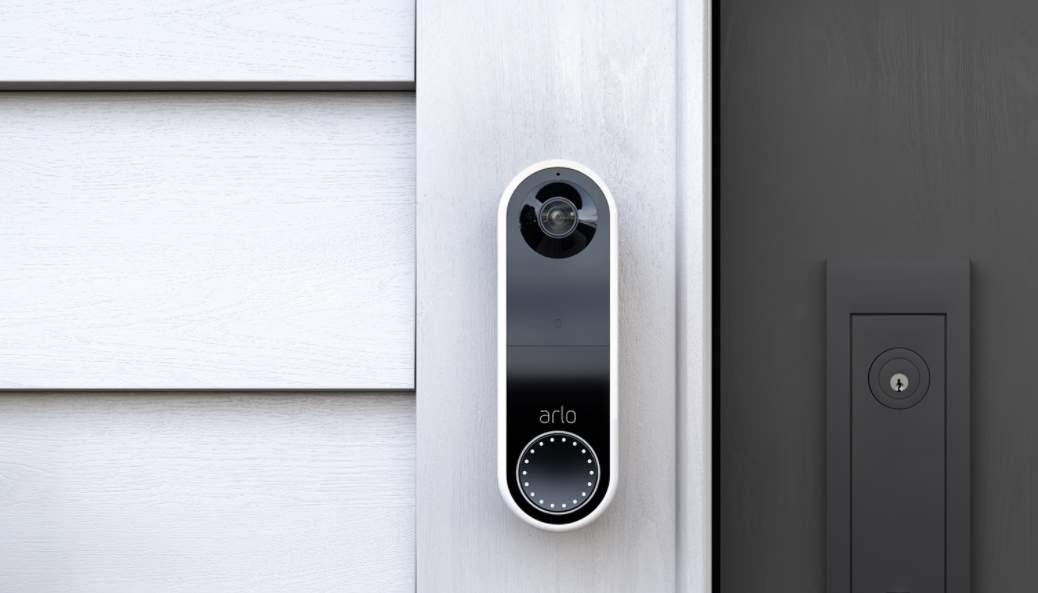Arlo just raised the price of its Secure camera subscription service — again
The cheapest single-camera plan jumped from $4.99 to $7.99

Arlo produces some of the best home security camera hardware we've tested — but at the cost of locking its core features like cloud storage for video recordings behind a paywall. The company just raised the price of its lowest-cost Arlo Secure subscription plan (single camera or video doorbell) from $4.99 to $7.99. That 60 percent increase nearly doubles the price and is a concerning trend considering a price jump just last year already took it from $2.99 to $4.99.
While Arlo's cameras offer high resolution video and low latency motion detection that give them an edge over rivals, there's no beating around the bush that this system is getting pricey. Security cameras and video doorbells are largely subscription-based which we've compared in this cloud storage for security camera guide. Without a subscription, these devices will still show you a live feed and send you motion detection notifications. However, capturing tangible video and smart alerts that quickly identify subjects (people, pets, or packages) are the essential reasons we buy these cameras in the first place.
Manufacturers like Google and Eufy still include these premium features without making you pay monthly for them. For example, the unpaid tier of Google's Nest Aware for its doorbell and security cameras comes with three hours of rolling video storage and subject identification free with the hardware. Place Arlo's $8 single-camera secure plan side-by-side with Google's $8 per month tier and you'll see that Google offers a better value since its plan covers unlimited cameras (this includes those built into smart displays and speakers) in addition to offering 30-days of event video history. Arlo just stores 30-days of event history for that one camera.

Of course, this change makes the $12.99 (up from $9.99 last year) Arlo Secure plan for unlimited cameras look like a deal. That's one thing if you're invested in multiple devices for the Arlo ecosystem but punishes those who just use a single Arlo camera. I know a handful of people off the top of my head who live in apartment complexes and rely on just an Arlo video doorbell to protect their main entryway, so it's not completely unheard of to only have a single Arlo camera.
You can always use the Arlo Smart Hub ($145, Amazon) to record video for some Arlo cameras and its video doorbells record to a MicroSD card locally. This is great for someone who simply wants to view recordings but keep in mind that you still won't be able to access Arlo app features like subject detection and create activity zones. Ultimately this feels like a move to push you all in on the Arlo ecosystem, even if it does perform well. With that said it's important to consider that the company is in control of how often and drastically the subscription price can change.
More from Tom's Guide
- Google just gave me 17 more reasons why I’m sticking with Alexa
- Ring will no longer let police ask for your security camera videos
- Checking out my friend’s hardwired security cameras gave me serious FOMO
Get instant access to breaking news, the hottest reviews, great deals and helpful tips.
Hunter Fenollol was a Senior Editor for Tom’s Guide. He specializes in smart home gadgets and appliances. Prior to joining the team, Hunter reviewed computers, wearables, and mixed reality gear for publications that include CNN Underscored, Popular Mechanics, and Laptop Magazine. When he’s not testing out the latest cooking gadgets, you can likely find him playing a round of golf or out with friends feeding his paycheck to a QuickHit slot machine.
Hunter started his career as an intern at Tom’s Guide back in 2019 while in college. He graduated from Long Island University Post with a degree in Communications and minor in Advertising. He has been vlogging ever since the iPhone 4 took front-facing cameras mainstream.
 Club Benefits
Club Benefits






